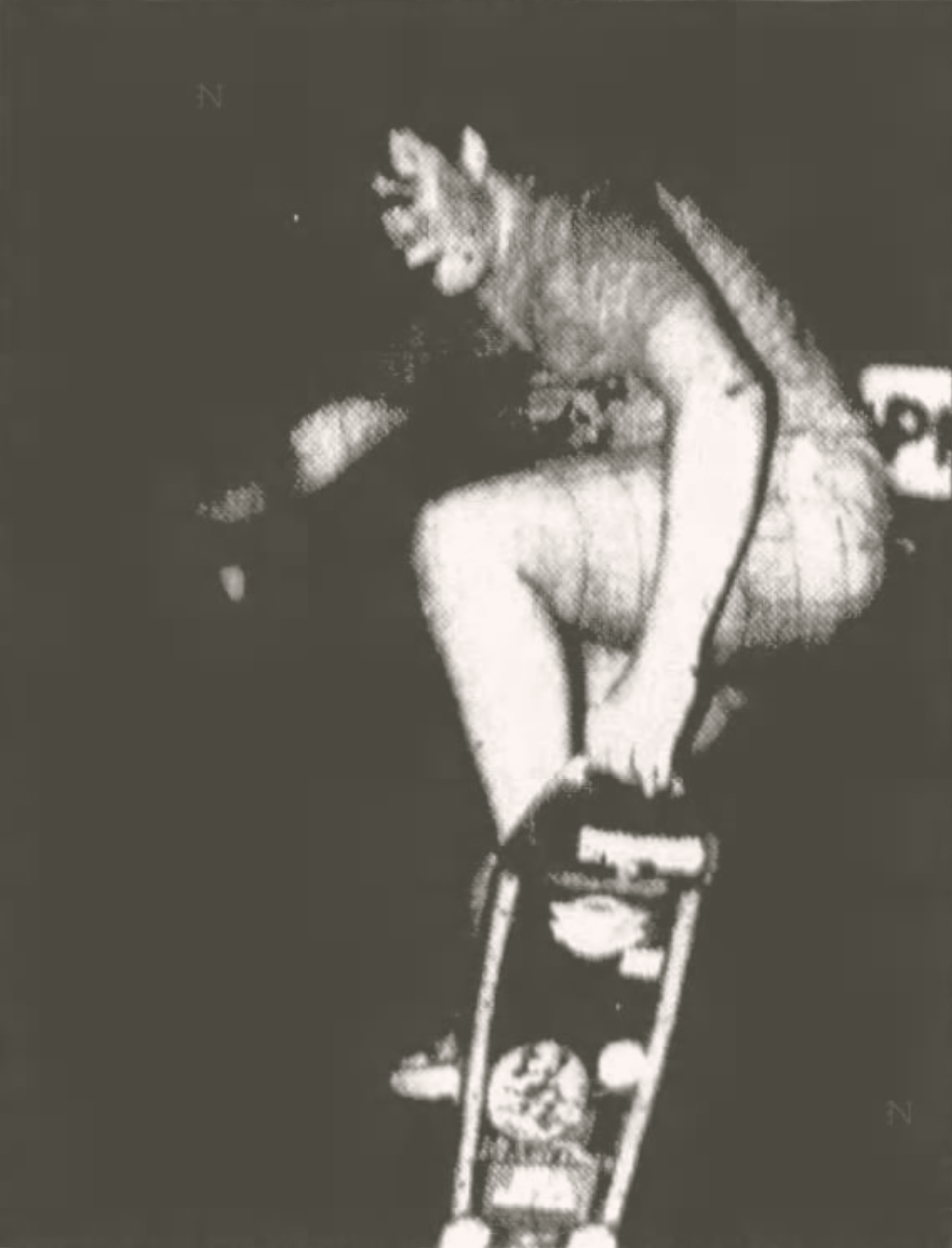Originally published in The Vidette-Messenger of Porter County on March 10, 1936.
COUNCIL VOTES FAST TIME
CITY TO MOVE UP CLOCKS ONE HOUR SUNDAY
Action Merely Adopts Fast Time at Earlier Date for Summer, Not For Year Around.
WOMEN CRITICIZE TIME TINKERING
Valparaisos will switch to daylight saving time next Sunday at 1 a.m.
The city council in regular session Monday night by unanimous vote adopted an ordinance advancing the time for changing from central standard to fast time from April 26 to March 15.
Beginning Tuesday, March 17, and continuing every night thereafterーexcepting Sundaysーlocal tavern proprietors will benefit by the advancement of the daylight saving time by the city council, which will permit them to remain open until 2 a.m., on week days and 3 a.m. on Sundays. State laws, operating on central standard time, permit the extra hour of trade Sunday at 1 a.m. at which time cloaks will be turned to 2 a.m. After Sunday taverns will benefit an extra hour by the change.
Previous to voting the council staged a forty-five minute caucus in which the matter was threshed out and all members agreed to vote for the ordinance on first reading making it effective next Sunday.
Councilman Schuyler C. Leffler explaining the ordinance pointed out that the council was not adopting eastern standard time throughout the year, but merely was getting an earlier start on daylight saving.
“I am voting aye on the ordinance, but I want it distinctly understood that it is not a yes vote for eastern standard time, except as a stop gap between March 15 and April 26, when daylight saving times starts,” Councilman Leffler said.
Council members were content to leave advance time on a temporary basis until September in the hope that the controversy in Chicago (which has adopted eastern standard time) will have been adjusted during the interim.
Mayor C.L. Bartholomew in commenting on the ordinance referred to it as a gesture of recognition of a fine element of the city’s populace who are dependent upon the Chicago and Calumet districts for their living.
“We are simply marking time through the ordinance,” he said.
“The council is not bound by it, and if Chicago continues eastern time the proposition can be submitted to a vote of the people and the question of eastern time the year round decided.”
Mayor Bartholomew pointed out that a large number of Valparaiso citizens depend upon their living on the Chicago and Calumet districts. These people, he said, have not arbitrarily asked for the ordinance. They have been told when to come to work and when to quit. They lose two hours under the new arrangement. The council is only trying to be fair and advance the time to help them out.
Mayor Bartholomew and members of the council asserted they were not sold on the eastern standard time setup, but felt that it was no more than fair to cater to desires of the commuters, who it is said, represent one-sixth of the city’s population.
A booster for the time change comprised a delegation of valparaiso university students, headed by Kenneth Wunsch, editor of the Torch, school publication.
Mr. Wunsch stated that in a recent poll of university students and faculty, 251 voted in favor of the change and 51 against.
One of the main reasons advanced by the student body for the new time was the inconvenience caused to a large number of students who commute back and forth between Gary, Michigan City and other towns, and go to Chicago on week-ends.
Another salient reason for the advanced time is that the students will have an additional hour for their athletic activities, Editor Wunsch said.
Bitter criticism of the time change was voiced by two women who attended the council session. They were Mrs. Bayard Wycoff and Mrs. Niles Fisher.
Said Mrs. Wyckoff: “I cannot see where any advantage is to be gained by this step. Is it necessary for the rest of the citizenry to get ip and see them (the commuters) off? It has been stated that Valparaiso will lose trade if it does not adopt the new time. I think it is the other way around.”
Said Mrs. Fisher: “It looks like the council is inconveniencing the majority of the people of Valparaiso for the benefit of the commuters, a small part of the population.”
Mayor Bartholomew explained that the ordinance carries no penal clause and those who do not care to observe it are at liberty to do so.
The city is scheduled to go on daylight saving time on April 26, anyway, so that the new ordinance only provides for a six-weeks’ period of observance before the regular fast time ordinance adopted on March 22, 1929, is effective, he added.

